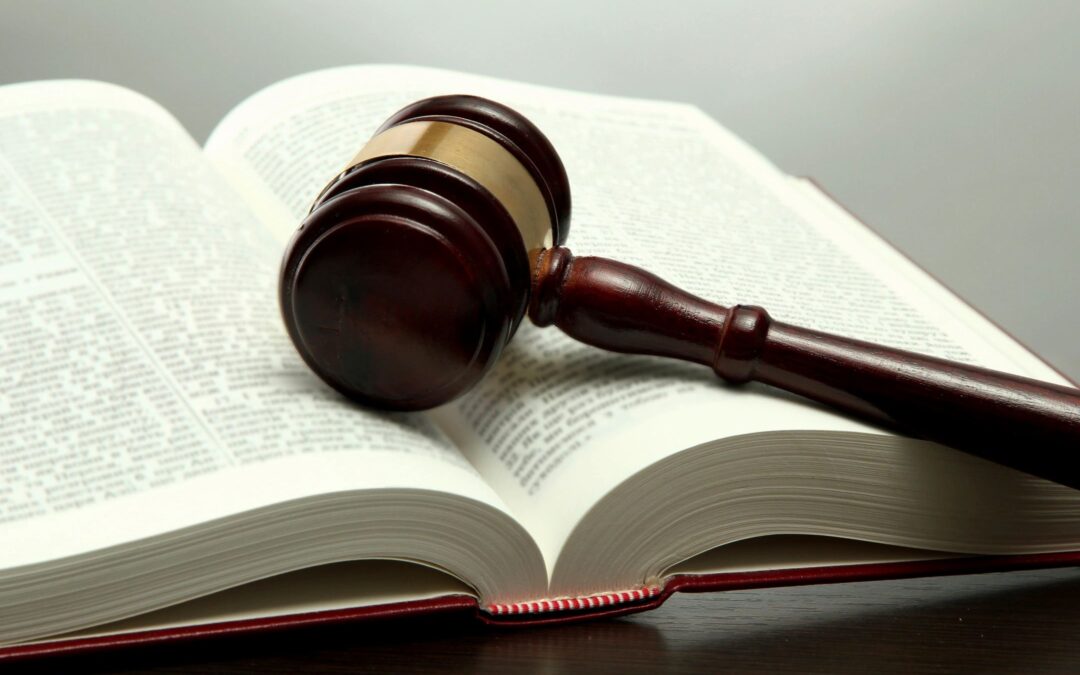By Christian Roberts* and Matt Johnson –
On May 27, 2020, the USPTO announced a notice of proposed rulemaking that would affect IPR, PGR and CBM proceedings. Most significantly, the proposed rules would eliminate the presumption in favor of petitioners for material fact issues created by a patent owner’s preliminary testimonial evidence during institution decisions. The proposed rules would also formalize several current practices. Specifically, the rules would require “all-or-none” institution on all challenged claims and all presented grounds in a petition. And, sur-replies to principal briefs and replies and sur-replies to address issues in institutional decisions would be allowed.
The presumption in favor of the petitioner for material fact issues created by a patent owners’ preliminary testimonial evidence would be eliminated.
In 2016, the Board enacted rules to allow patent owner’s to file declarations with preliminary responses, where those rules establish a presumption in favor of the petitioner for material fact issues created by a patent owner’s testimonial evidence when making institution decisions. Amicus briefing and stakeholder feedback presented as a part of Hulu, LLC v. Sound View Innovations, LLC brought several issues created by the 2016 amendments to light. Case IPR20185-01039, Paper 15 (PTAB Apr. 3, 2019). Firstly, many patent owners were discouraged from filing testimonial evidence with preliminary responses on the belief that such evidence would be given little to no weight prior to institution. Additionally, the presumption in favor of the petitioner for testimonial evidence created a presumption in favor for the petitioner for questions of whether a document was a printed publication. In response, the Office’s proposed rule would amend 37 C.F.R. §§ 42.108(c) and 42.208(c) to remove the 2016 presumption in favor of the petitioner. Accordingly, any testimonial evidence offered pre-institution would be viewed as part of the totality of the evidence.
This rule would remove a hurdle for patent owners submitting testimonial evidence prior to institution. If enacted, the rule opens the door for testimonial evidence becoming a more common addition to patent owners’ preliminary responses.
The Board would be required to institute on all challenged claims and all presented grounds in a petition, or else deny the petition.
Historically, the Board exercised discretion to institute on all or some of the challenged claims and on all or some of the challenged grounds. However, in SAS Institute v. Iancu, the Supreme Court limited the Board’s discretion in claim and grounds selection. 138 S. Ct. 1348 (2018). The Court held that a decision to institute an IPR review under 35 U.S.C. § 314 may not institute on fewer than all claims challenged in a petition. The Court went on to hold that the Office only has the discretion to institute on all of the claims challenged in the petition or otherwise to deny the petition. Following SAS, the Office posted guidance stating that if the Board institutes a trial under 35 U.S.C. §§ 314 or 324, the Board will institute on all claims and all ground included in a petition of an IPR, PGR or CBM. The Office’s proposed rule would formalize this prior guidance by revising 37 CFR §§ 42.108(a) and 42.208(a).
Sur-replies to principal briefs and replies and sur-replies to address issues in institutional decisions would be allowed.
As found in the Office Patent Trial Practice Guide August 2018 Update, the petitioner may address issues discussed in the institution decision in its reply. The patent owner may also address the institution decision in its response and sur-reply to respond to petitioner’s reply. However, a sur-reply may only respond to arguments made in reply briefs, comments on reply declaration testimony, or on-point cross-examination testimony. Additionally, a sur-reply may address the institution decision if necessary to respond to the petitioner’s reply. Finally, a sur-reply to a patent owner’s response to a petition is limited to 5,600 words. The Office would amend 37 CFR §§ 42.23, 42.24, 42.120, and 42.220 to formalize its August 2018 guidance.
The full notice of proposed rulemaking is available here. Public comments on the proposed rulemaking may be submitted to [email protected] on or before June 26, 2020.
*Christian Roberts is a 2020 Jones Day Summer Associate
Matthew Johnson
Latest posts by Matthew Johnson (see all)
- PTAB Pendulum Swings in Favor of Discretionary Denial - April 3, 2025
- PTAB Announces Bifurcated Process for Consideration of Discretionary Denial Issues - March 28, 2025
- PTAB Issues Updated Fintiv Guidance - March 25, 2025

